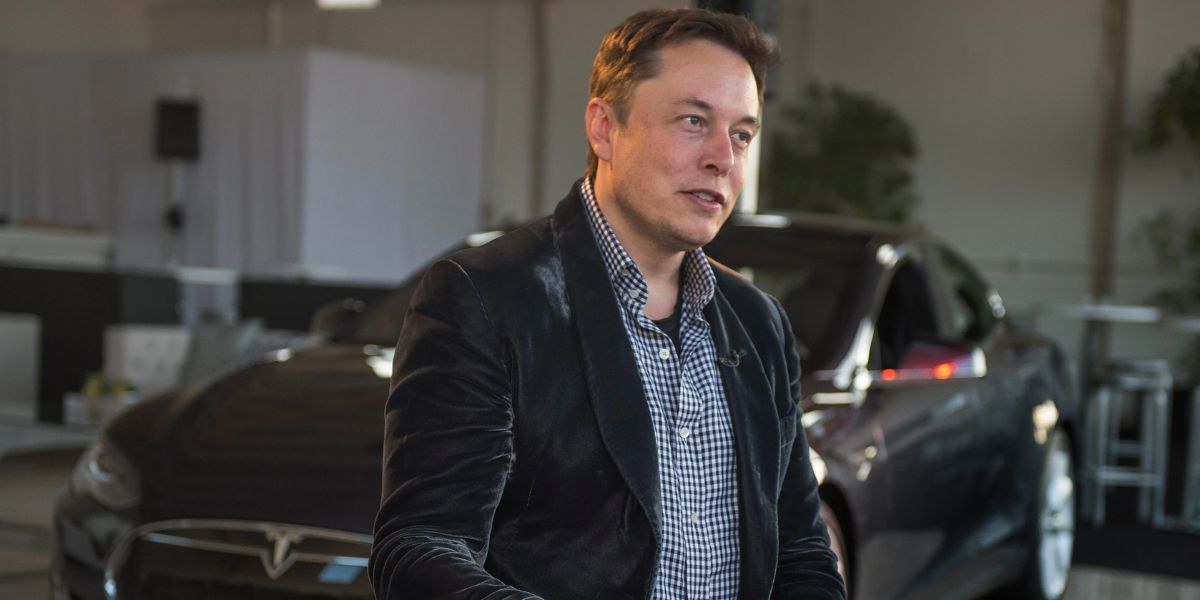CEO Philip Shawe Wages $2 Million Campaign Against Delaware’s Corporate Laws
One CEO launched a $2 million campaign Monday to tarnish Delaware’s staid reputation and persuade American firms to cease registration there, despite its business-friendly taxes and legal system.
Philip Shawe is spending heavily on a national attack ad following a lengthy court battle that turned him into a sworn adversary of the state most known for being Joe Biden’s home.
He is not its sole adversary. Elon Musk has also criticized Delaware, notably its courts, arguing that they are harmful to corporations that register there after losing his court battle over Tesla’s proposed $56 billion compensation package.
“As Tesla’s CEO, Elon has created an unprecedented amount of value for his shareholders, and per the contract he signed with his board years he earned that compensation,” Shawe said in a statement to The Post. “This is a terrible precedent for CEOs and companies across the country.”
Shawe, CEO of translation behemoth TransPerfect, has slammed Delaware’s “greedy” lawyers and singled out one of the state’s most senior judges in ads shown nationally on CNBC and Bloomberg. The advertisements are airing on local television stations and Hulu accounts in Delaware.
Shawe’s campaign comes after his company was confiscated and auctioned off by a Delaware court after his co-founder and now ex-wife filed a lawsuit in the state where they incorporated it.
He was able to repurchase the company as its sole owner for $385 million, after four years of more legal battles and an estimated $260 million in legal costs. He is still arguing with the state about attorney’s fees. Shawe’s ad focuses on Musk’s case, in which Delaware courts ruled in favor of a Tesla shareholder’s complaint alleging that the CEO’s cash-and-stock remuneration plan was not in the best interests of all stockholders.
In Delaware, attorneys typically receive 10% to 20% of what they “recovered” for shareholders, giving the lawyers who initiated the Tesla litigation a payout of up to $6 billion — which Shawe said equated to $300,000 per hour for each.
“The only thing I can think of that is more irrational and unpredictable for business law, than a court voiding an otherwise binding contract for executive compensation, that was ratified by both the board and shareholders—would be for that same court to turn around and reward the attorneys with a fee based on a percentage of value of the voided contract,” Shawe said in a statement to The Post.
His commercial criticizes Kathaleen McCormick, the judge who presided over Musk’s and sections of his cases, for allowing “fat cat” lawyers to run amok. McCormick is the Chancellor of the Delaware Court of Chancery, making her the most senior judge in the state’s commercial courts.
Delaware has long been a state where corporations incorporate — or legally register — in part because to its chancery court system, which is dedicated only to adjudicating corporate disputes. Companies that are registered but do not do business in the state do not pay corporate income tax, and officials and directors are not required to disclose their names.
More than 1.4 million businesses are registered in Delaware, including the bulk of the Fortune 500. However, the verdict against Musk sparked cries for “Dexit” and accusations that the government is anti-business.
Musk wrote to X earlier this year, “Never incorporate your company in the state of Delaware.” He has stated his intention to relocate X, Neuralink, and SpaceX out of the state.
Shawe is assisting with the campaign through Citizens for Judicial Fairness, a group previously known as Citizens for a Pro-Business Delaware, which he created in 2016 during his legal struggle with Delaware.
The group claims to be focused on openness, equity, and accountability, and has even brought in the Rev. Al Sharpton to criticize the court’s lack of diversity.











